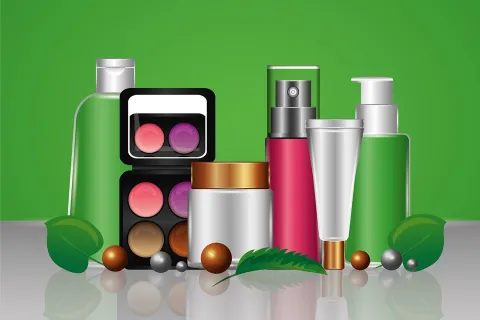
A label is an essential feature of a cosmetic product as it serves multiple functions:
- Increasing brand visibility and
- Communicating product details to the consumer
Labeling is an important aspect of the sales and marketing of cosmetics. In the United States (US), the Food and Drug Administration (FDA) regulates cosmetic labeling under the Federal Food, Drug, and Cosmetic Act (FD&C Act) and the Fair Packaging and Labeling Act (FPLA). These laws and regulations are intended to protect consumers from health hazards and fraudulent practices and to enable consumers to make informed purchasing decisions. According to the FDA regulations, all legally required label information must be in English.
Labeling Information Required on a Cosmetic Label in the USA
1. The following information should be displayed on the main display panel:
- Any identity statements
- Accurate description of the net quantity of contents
2. The following information should be displayed on the information panel:
- Name and place of business
- Material facts
- Warning and caution statements
- Ingredients
Labeling Claims in the USA
The information displayed on the cosmetic label must be truthful and not misleading in nature. If a product is advertised with the claims such as treating or preventing a disease or affecting the characteristics of the skin, then it will be classified as a drug and will need to comply with different regulations for drugs, even though they help in improving the appearance. For example, acne treatments, dandruff treatments, and skin protectants are regulated as drugs.
To avoid legal repercussions in the US market, it is crucial to stay compliant with US FDA regulations. Reach out to a Regulatory expert like Freyr to achieve label compliance for your cosmetic products.









